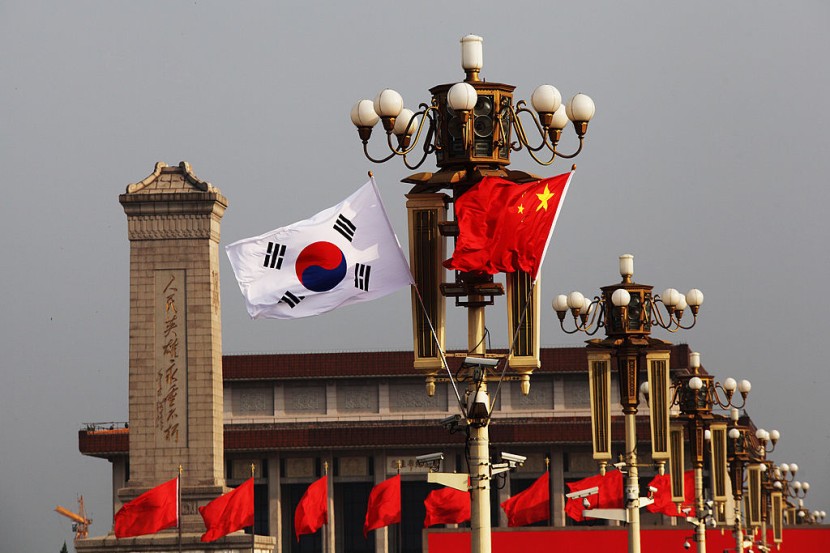
South Korea has protested to China regarding the alleged forced repatriation of numerous North Koreans.
Based on human rights organizations, these individuals are believed to be at risk of imprisonment and mistreatment by the North Korean authorities.
China's Controversial Repatriation of North Korean Defectors
Per Reuters, reports of China's recent mass repatriation of North Korean defectors have emerged, marking the country's first move since the relaxation of North Korea's COVID-19 border restrictions.
According to South Korean rights groups working with North Korean refugees, this operation occurred shortly after the conclusion of the 2022 Asian Games held in Hangzhou, China.
Before the pandemic, China regularly deported defectors back to North Korea, where they faced severe consequences, including forced labor, imprisonment, torture, or execution. Despite this reported repatriation, China's Ministry of Foreign Affairs has not officially confirmed the event.
Instead, it defended its approach to North Korean defectors, categorizing them as illegal economic migrants. At a recent press briefing, Chinese Foreign Ministry spokesperson Wang Wenbin insisted that there are no "so-called defectors" in China.
He claimed that China follows a responsible attitude, handling them by domestic and international laws and humanitarian principles. However, human rights activists like Jihyun Park, a North Korean defector and human rights activist based in Britain, dispute this characterization.
Park argues that North Korean defectors, akin to refugees, should be granted protections under international law. She asserts that the forced repatriation of North Korean defectors is not merely a national concern but a global human rights issue.
China's actions, she claims, violate international agreements, including those about racial discrimination, discrimination against women, torture, and statelessness. Jihyun Park's personal story underscores the perils faced by North Korean defectors.
She fled North Korea during a devastating famine in 1998, eventually going to China, where she was sold into a forced marriage. Subsequently, she was arrested by Chinese authorities and forcibly repatriated to North Korea, leading to her sentencing to a prison camp. She managed to escape again in 2004 and eventually found asylum in Britain, according to VOA News.
Read Also : Oklahoma Judge Facing Dismissal After Inquiry Into Texting, Social Media Use During Murder Trial
South Korea-China Ties
The South Korean Unification Ministry, responsible for inter-Korean relations, is working to verify the reported repatriation. South Korea's Foreign Ministry has called on China to cooperate to ensure defectors' safety and voluntary return to their desired locations, preventing their forced return to North Korea.
The reports have also caught the attention of the US government. In a recent statement, a spokesperson from the US State Department voiced deep concern regarding the treatment endured by forcibly repatriated North Koreans.
The spokesperson highlighted a range of alarming issues, including allegations of torture, arbitrary detention, forced abortion, gender-based violence, and even summary execution. The US government called on all states to uphold non-refoulement principles and adhere to applicable non-refoulement obligations.
The number of North Korean escapees has dwindled to historic lows in recent years, primarily due to strict lockdown measures imposed by North Korea during the COVID-19 pandemic. Although North Korea has started to relax its border controls since August, the number of defectors remains low.
Activists argue that North Korea used the pandemic as an opportunity to strengthen border security. The recent reports of Chinese repatriations have alarmed human rights groups, who believe that the number of North Koreans detained as "illegal immigrants" in China may exceed 2,000.
Human Rights Watch alleges that China forcibly returned over 500 people who escaped North Korea this week. The group expressed concerns that the returnees, primarily women, are at grave risk of detention in forced labor camps and potential violence, including torture, AP News Reported.
Related Article: Big Three Lays Off 5,000 Workers Amid Latest UAW Strike Fallout
© 2026 HNGN, All rights reserved. Do not reproduce without permission.








